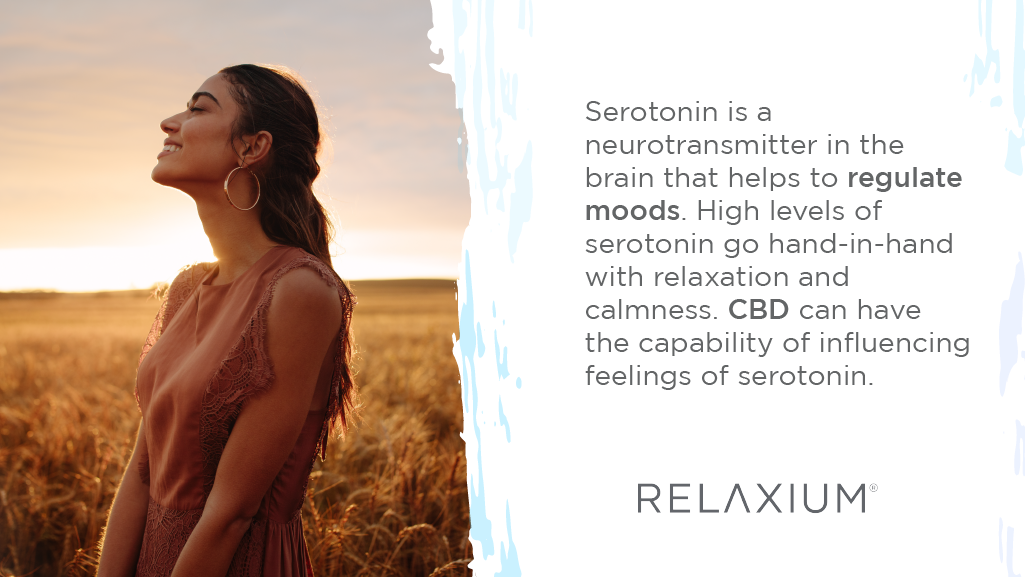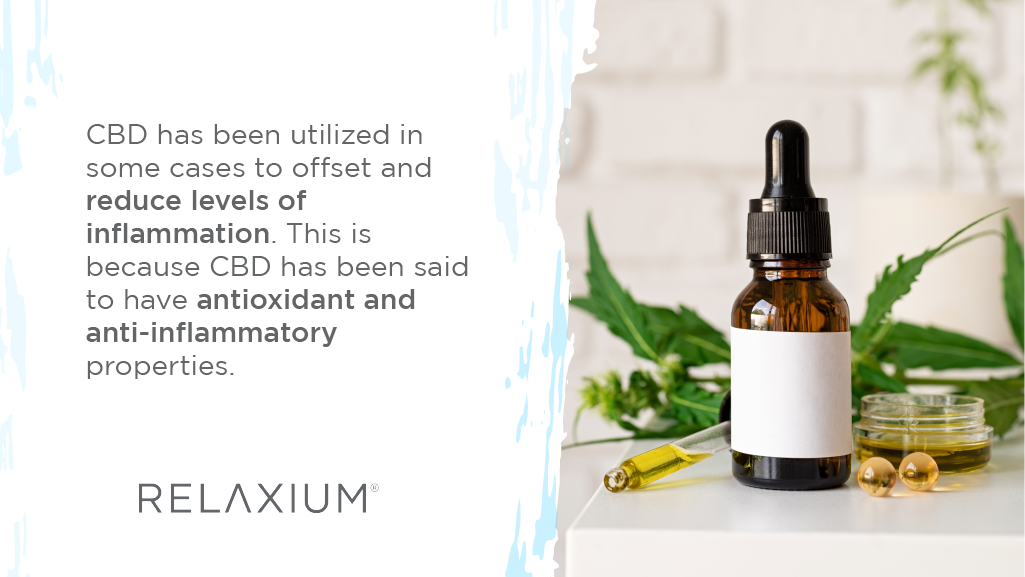CBD is becoming a go-to natural solution for those looking to improve their well-being. Learn more about its origins and how it compares to other compounds!
This may have been something you have heard about more recently; the implementation of CBD as a daily intake to help regulate better levels of sleep. There have been some real results following the use of CBD. It is important to note that high levels of research have not been able to be performed, this being due to the fact that CBD has become popular in the solution for sleep as of more recently.
With this said though, let’s dive into the history of CBD and how it may be an alternative that can help improve levels of sleep.
History of CBD
First, CBD is short for Cannabidol. This is the hemp that comes from the Cannabis sativa plant. Cannabis has been considered a widely controversial drug, though more recently this narrative has dwindled due to research done showing the benefits that Cannabis can have medically. CBD is not to be confused with Cannabis, or the psychoactive component of Cannabis, which is THC.
CBD was first isolated from Cannabis in 1940 by American chemist, Roger Adam. How did anyone know that isolation of CBD was possible? Well the distinction between CBD and THC had to be made known. The discovery of the properties of THC are thanks to research done by Raphael Mechoulam.
Israeli chemist and survivor of the Holocaust, Raphael Mechoulam tested cannabis on volunteers after a first round of tests on monkeys. Cakes were made that included cannabis and were then fed to the volunteers. The psychological reactions were observed. This research led to the understanding that cannabis could have a positive experience consuming traces of cannabis; as well as making the distinction between the lack of psychoactivity that is experienced when consuming CBD rather than THC.
Can CBD be helpful?
As mentioned previously, more research needs to be conducted over the coming years but the results thus far have been resoundingly hopeful.
CBD has been said to help in areas such as:
- Reduced feelings of stress and anxiety
- Pain relief
- Improvement in sleep
- Inflammation

Reduced feelings of stress and anxiety
CBD has shown that it is capable of decreasing feelings of stress and anxiety. This is due to its ability to:
- Interact with serotonin receptors: Serotonin is a neurotransmitter in the brain that helps to regulate moods. High levels of serotonin go hand-in-hand with relaxation and calmness. CBD can have the capability of influencing feelings of serotonin.
- Impact ECS: ECS is the endocannabinoid system. It is a complex system in which receptors and neurotransmitters can affect things such as mood and response to stress. Interaction between CBD and ECS can help to regulate stress and anxiety through balance and homeostasis.
- Increase growth of neurons: CBD has shown potential in promoting the growth of neurons which can help to counteract feelings of chronic stress.
- Reduce physical symptoms of anxiety: CBD has calming capabilities which help to offset common feelings of stress and anxiety such as heart rate or blood pressure.
- Regulate sleep: With the relaxation properties that CBD possesses, sleep quality is enhanced.
The factor of improved sleep is one that here at Relaxium finds interesting. We have our own sleep supplement, Relaxium Sleep. This sleep supplement was designed to help you fall asleep faster, stay asleep longer, and have you waking up feeling more refreshed and alert.
Pain relief
Noting the bullet point above, CBD’s interaction with the endocannabinoid system in the body has led to the belief that regulation of stress and anxiety is possible. With this said, this interaction also has the possibility of creating anti-inflammatory and pain-relieving effects.
For some with pains, CBD can be helpful. It is important to consult with a doctor before using CBD for pain. If you have underlying conditions or already take medications, you should let a health professional know so they can help you to make an informed decision.

Inflammation
Excessive inflammation can be damaging to the body.
- Risk of chronic diseases
- Damage to tissues
- Pain and discomfort
- Impact to function of organs
All are a risk with high levels of inflammation. Due to this, CBD has been utilized in some cases to offset and reduce levels of inflammation. This is because CBD has been said to have antioxidant and anti-inflammatory properties.
Popular forms of CBD
Consumption of CBD is rather versatile. Due to its uprising in popularity many companies have taken the opportunity to create CBD to be easily consumed or utilized. These include:
- CBD oil: This form of CBD is one of the most popular. Typically a person will take a dropper and place a few drops under the tongue, letting it sit for a little while and then swallowing.
- CBD edibles: For those that would rather consume CBD in a more tasty way, edibles were created. CBD edibles can come in all forms like chocolate, cookies, gummies, and even beverages.
- CBD capsules: A tasteless and simple form, a CBD capsule can be swallowed like a pill.
- CBD topicals: CBD topicals are typically creams, lotions, balms, and even patches that are infused with CBD. They help to target a specific part of the body; great for soreness and joint pain. They are applied directly to the skin.

Debunking the controversy of CBD
Once again, CBD is not to be confused with THC. CBD does not possess any psychoactive elements, there is no high feeling that will be felt through CBD. It will be interesting to see how CBD will evolve, especially for sleep purposes.
We hope this has given you some interesting information to take away.
Relaxium offers a number of safe and effective supplements that aid in the categories of sleep, calm, focus, and immunity. Created by Clinical Neurologist and Sleep Expert, Dr. Eric Ciliberti, TryRelaxium.com offers a 30-day Money Back Guarantee trial of Relaxium Sleep to allow our users to truly experience its effects. To try the product today visit our website for more information.
To restful and healthy days ahead.
The Relaxium Team
*These statements have not been evaluated by the Food & Drug Administration. This product is not intended to diagnose, treat, cure, or prevent any disease.
Sources:

